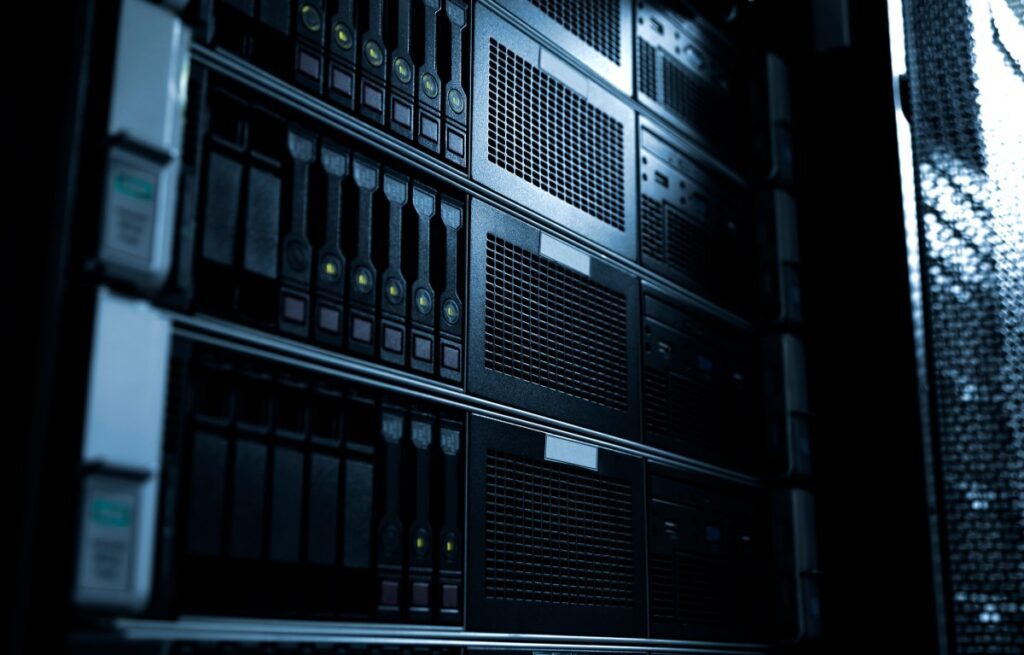Revolutionizing Hydrogen Production: Fourier’s Compact Modular Electrolyzers
Hydrogen, the most plentiful element in the universe, faces significant challenges when it comes to efficient production and distribution on Earth. Siva Yellamraju, co-founder and CEO of Fourier, highlights two primary concerns: the efficiency of hydrogen generation and its distribution logistics.
The Shift Towards Modular Solutions
Recent trends among hydrogen startups have leaned towards the design of modular electrolyzers that can be mass-produced and conveniently housed within shipping containers. Fourier has advanced this concept by developing a system that can fit into a space roughly equivalent to two standard server racks placed side by side.
Investment and Development
Fourier’s innovative approach has garnered attention from investors, leading to an $18.5 million Series A funding round spearheaded by General Catalyst and Paramark Ventures. Other notable investors in this round include Airbus Ventures, Borusan Ventures, GSBackers, MCJ Collective, and Positive Ventures.
The Technology Behind Fourier’s Electrolyzers
The design of Fourier’s hydrogen production module incorporates several small electrolyzers, referred to as “blades.” Currently, the configuration includes around 20 blades, all supplied with water from a shared pump, while power is drawn from modified data center electrical supplies. Yellamraju elaborated on this approach, stating, “We reprogram them, retrofit them to run electrolysis,” which also allows for the utilization of commonly produced components.
Inside each module, software operates to optimize the performance of the electrolyzer blades. Yellamraju likens this to the technology found in lithium-ion batteries, where individual cells are managed through a central battery management system (BMS). The BMS monitors each battery’s performance, managing charging cycles while also detecting signs of degradation.
“If you look at companies like Tesla, they started with small cells, an array of them, so that allowed them to do off the shelf components, but push the complexity into a compute layer,” Yellamraju explained.
Operational Pilots and Future Prospects
Fourier has already executed two lab-scale pilot projects, each capable of producing approximately one kilogram of hydrogen per hour in collaboration with a pharmaceutical manufacturer and a solar energy company. Upcoming efforts include two commercial-scale pilots set to be operational by June—one located at a petrochemical facility in Ohio and another in Fremont, California, dedicated to manufacturing airline parts. Fourier aims to serve customers who require production rates between six to twenty kilograms of hydrogen per hour, necessitating around 300 kilowatts to 1 megawatt of electrolyzer capacity.
Market Potential and Pricing
Current market conditions indicate that potential customers in sectors like pharmaceuticals, petrochemicals, and ceramics are paying between $13 to $14 per kilogram for hydrogen. Fourier strives to undercut these prices, aiming to deliver hydrogen for approximately $6 to $7 per kilogram, exclusive of government incentives, thereby allowing customers to save significantly while maintaining a viable margin.
Conclusion
Fourier’s advancements in hydrogen production technology symbolize a promising shift towards more efficient and cost-effective solutions in the hydrogen market. As the industry evolves, the emphasis on innovative modular approaches may help overcome the persistent challenges surrounding hydrogen production and distribution.
